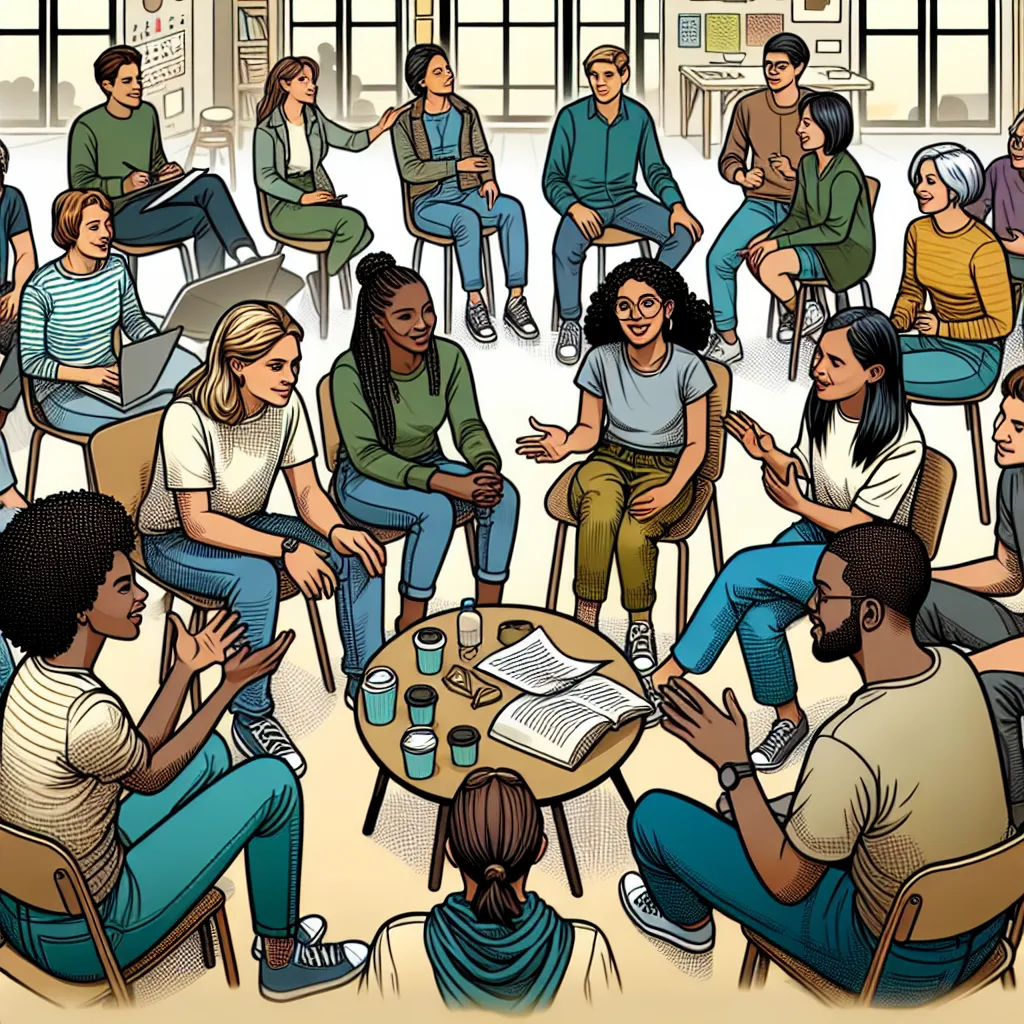Ask AI on The Internet
Question: Discuss how the bystander effect played a role in the military personnel that were involved in Abu Ghraib. Although the military personnel were considered normal people, how did the bystander effect influence them to commit heinous acts?
The bystander effect refers to a social psychological phenomenon in which individuals are less likely to offer help to a victim when there are other people present. Essentially, the group dynamic dilutes individual responsibility and this can create conditions where unethical or unacceptable behaviors may occur. In the context of the Abu Ghraib military scandal where U.S. soldiers committed acts of abuse and torture against Iraqi prisoners, the bystander effect likely played a significant role. This event is usually interpreted through the lens of power dynamics, conditioned obedience, and deindividuation, but the bystander effect provides another noteworthy dimension to this. Firstly, the presence of a group may have reinforced the notion that one’s individual actions are less consequential. The military, by its very nature, operates in a group context. This could lead to a diffusion of responsibility, implying that for the military personnel involved, the blame was shared among the entire group which might have thus encouraged the acts of abuse. Secondly, when people witness others in their peer group engaging in an unethical activity and not intervening, they’re more likely to perceive the behavior as ‘accepted,’ or ‘the norm.’ This social influence or peer pressure can be powerful, causing individuals to act in ways that they would not ordinarily behave if they were alone. Thirdly, there may have been an assumption that someone else would intervene, if the situation was truly problematic. Often in large groups, individuals may believe that someone else, perhaps with higher ranking or authority, would step in if the circumstances were truly detrimental. Finally, the stress and tension of the environment may have additionally impaired judgement or empathy, exacerbating the bystander effect. It’s important to note however, that the bystander effect and individual morality are not mutually exclusive. While social psychological factors can influence behavior, they do not absolve individuals of responsibility for their actions. This scandal raised important questions about the systems and cultures in place that allowed such abuses to happen, and highlighted the need for rigorous standards, oversight and training in military settings.
A new large language model has been made available since this question was asked.
To generate an updated answer from the new model, click the button below.
Think your answer is better than the AI's? Post it below.
Other Most Relevant Posts:
Question Tags
If you want your question answered by an AI, click here.







Post your own comment: